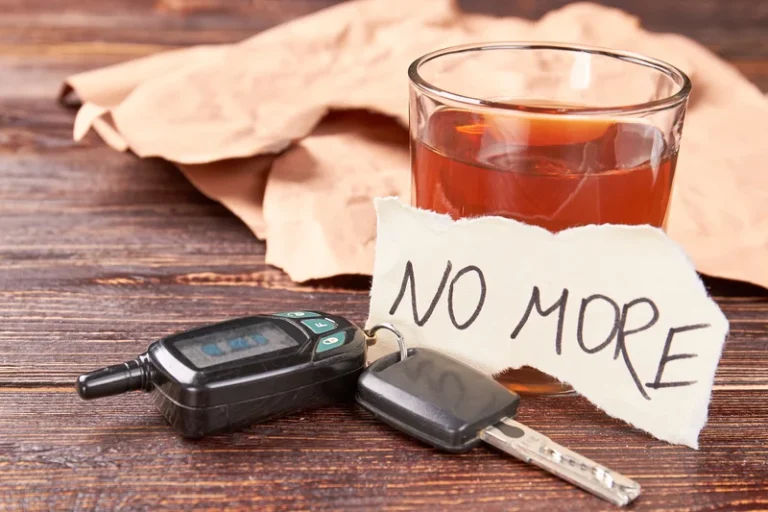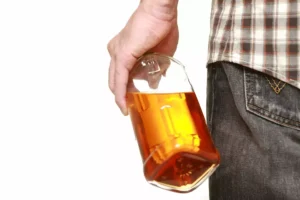
When someone has too much to drink, they may start slurring their words or vomiting. If you see someone develop these symptoms while drinking, they may need medical attention. Too much alcohol affects your speech, muscle coordination and vital centers of your brain. A heavy drinking binge alcohol poisoning may even cause a life-threatening coma or death. This is of particular concern when you’re taking certain medications that also depress the brain’s function. Genetic, psychological, social and environmental factors can impact how drinking alcohol affects your body and behavior.

Fatal blood levels of alcohol

While one episode of alcohol overdose may seem like no big deal, this pattern can quickly spiral out of control. To avoid alcohol poisoning, experts recommend you have no more than 1 drink per hour.9 You can alternate between alcoholic and non-alcoholic beverages, or alcohol and water. Alcohol poisoning is a severe and a life-threatening condition.
Hospital admissions
- It’s a life-threatening condition that requires immediate medical attention.
- Emergency medical attention is necessary at this point to avoid death and severe health problems.
- They may also experience seizures or have blue-tinged or pale skin.
- This typically occurs when people consume excessive amounts of alcohol in a short space of time.
- Alcohol poisoning is a serious — and sometimes deadly — result of drinking large amounts of alcohol in a short period of time.
But as you continue to drink and your BAC rises, your blood vessels start to constrict and reduce blood flow and, therefore, heat distribution. Signs of an overdose include confusion, unconsciousness, vomiting, and more. A person should seek emergency medical care to treat an alcohol overdose. Prompt treatment of an alcohol overdose can prevent life-threatening health problems.

Long-Term Effects and Risks of Alcohol Poisoning
Talk to your children about the dangers of alcohol and possible overdose. According to the Mayo Clinic, open communication has been shown to greatly reduce the incidence of teen drinking and subsequent alcohol poisoning. If you experience an alcohol overdose, your outlook will depend on how severe your overdose is and how quickly you seek treatment. If you combine alcohol and drugs, you may not feel the effects of the alcohol. This may cause you to drink more, increasing your risk for an alcohol overdose. Having a high tolerance for alcohol or drinking quickly (for example, by playing drinking games) can put you at increased risk for an alcohol overdose.
Binge drinking
Jehovah’s Witnesses allow moderate alcohol consumption among its members. Some people may be able to drink more alcohol than others, with fewer effects. Having too much alcohol in your blood stops your body working properly and can be life-threatening.
Signs and symptoms of alcohol poisoning
